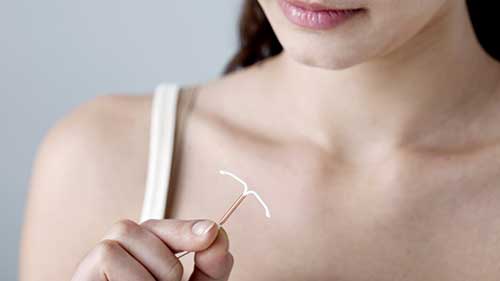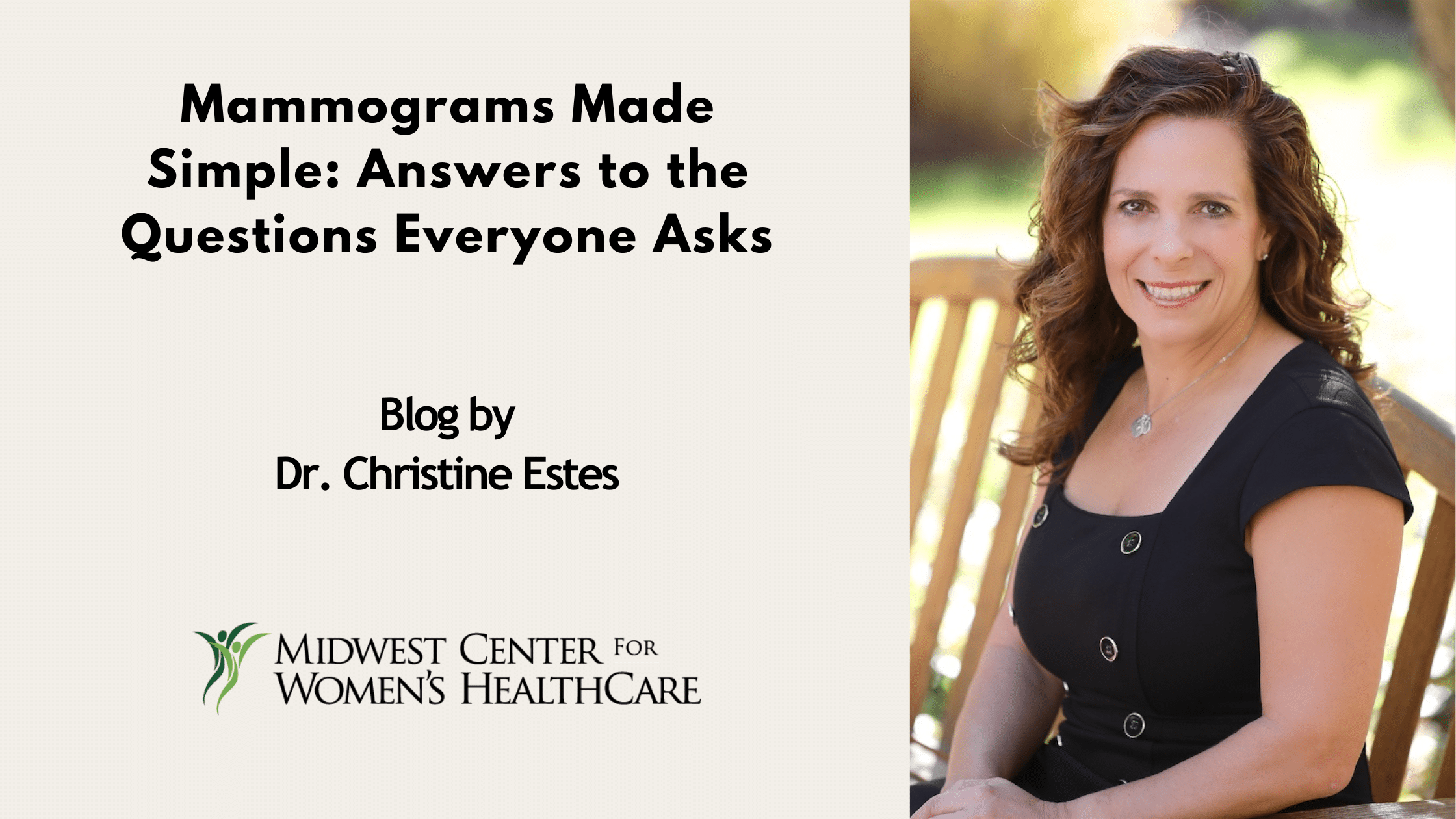Which IUD is right for me?
Over the past 20 years, IUDs (IntraUterine Device) have become increasingly popular in the United States. This popularity stems from the fact that they are extremely effective at preventing pregnancy, convenient to use, long-lasting and can be used by women of all ages, including teenagers. Some can also be used to treat heavy and painful periods. IUDs have thankfully come a long way since the 1970s when the most commonly used IUD was plagued with safety concerns. The current IUDs are very safe and completely different from those of 50 years ago.

With five different IUDs to choose from, which one is right for you?
The effectiveness and discomfort with insertion is similar for all of the different types of IUDs. They can all be removed if you would like to try to get pregnant before the device is expired or if you no longer want to use it because of side effects. What is different among the various types is how long they can be in place and the possible effects it can have on your period.
| DEVICE NAME | CONTENTS | APPROVED TIME FOR USE |
EFFECT ON PERIOD | AMENORRHEA RATE (ABSENCE OF PERIOD) |
|---|---|---|---|---|
| PARAGARD® IUD | Copper | 10 years | Heavier, longer, more painful | n/a |
| MIRENA® IUD | 52mg LNG | 5 years | Lighter, shorter | Up to 50% |
| LILETTA® IUD | 52mg LNG | 6 years | Lighter, shorter | Up to 50% |
| KYLEENA® IUD | 19mg LNG | 5 years | Possibly lighter and shorter | 20% |
| SKYLA® IUD | 13mg LNG | 3 years | Minimal | 12% |
Paragard® Copper IUD
The copper IUD (Paragard) is the only hormone free IUD. It can be in place for up to 10 years. Because this device does not have any hormones, it will not change the timing of your period at all. Your menstrual cycle will continue in its usual pattern. Your periods, however, can be heavier, a little longer, or more painful when you are using the copper IUD. Some women report that this is most noticeable during the first year they have the device and then their periods return to be more like their pre-IUD state. This IUD can also be used for emergency contraception if it is placed within 5 days of unprotected sex.
Hormonal IUDs
There are four different types of hormonal IUDs. They all contain the same type of progesterone, levonorgestrel (LNG). Most women will have several months of more frequent irregular light spotting and bleeding after these types of IUDs are placed while their uterine lining adjusts to the constant presence of the hormone. The dose of hormone, the ultimate effect on periods, the size of the device, and the amount of time that the device is approved for use varies.
Mirena® IUD
Mirena, 52mg LNG, can be used for up to 5 years. This IUD is also FDA approved for the treatment of heavy and painful periods. The majority of women experience lighter and shorter periods and up to 30-50% of women will ultimately not have periods at all (amenorrhea). Amenorrhea related to a progesterone IUD is not a dangerous or bad thing for your uterus. As soon as the IUD is removed, the periods return.
Liletta® IUD
Liletta is also a 52mg LNG IUD. It was developed as a generic, less expensive alternative to Mirena. It has gone through a slightly different FDA approval process and is therefore approved for 6 years of use instead of 5. It has all of the same benefits as Mirena.
Kyleena® IUD
Kyleena, 19mg LNG, can be in place for up to 5 years. This IUD is several millimeters smaller than the Mirena and Liletta. It was designed to fit more easily into the uterus of a woman who has never had a baby. Because it is a smaller device, there may also be less discomfort with insertion. With the lower dose of hormone, however, there is a less profound impact on decreasing the bleeding with your period. Most women continue to have their period. Only 20% of women will achieve amenorrhea.
Skyla® IUD
Skyla, 13mg LNG, can be in place for up to 3 years. It is the lowest dose and shortest acting IUD. As such, it also has the lowest rate of amenorrhea at 12%. It is the same size as the Kyleena.
Choosing the best IUD
Choosing the best IUD for you is a very personal decision. It is helpful to consider what your periods are like when you aren’t on any kind of hormonal birth control. Are they really heavy and painful? If so, Mirena or Liletta could be great options. Do you want to keep getting your period every month? If so, Paragard and Kyleena might be good.
Your Midwest Center for Women’s Healthcare provider can answer any additional questions that you have and help you make your decision about the right IUD for you.
About The Author
MIRIAH PLAWER, M.D., F.A.C.O.G.
Miriah Plawer, M.D., F.A.C.O.G. is a Board Certified OB-GYN since 2008 and a Fellow of the American College of Obstetricians and Gynecologists. She is affiliated with hospitals of the NorthShore University Health System (primarily Evanston Hospital). Dr. Plawer graduated from the University of Illinois College of Medicine with honors and completed her OB-GYN residency program at Northwestern University.
Dr. Plawer is certified in the insertion and removal of LARCs (Long Acting Reversible Contraception). She is also fluent in medical Spanish.
In her spare time, Dr. Plawer enjoys spending time with her family, cooking, reading, traveling, and watching little league baseball. She is currently accepting new patients by calling 847-869-3300.





